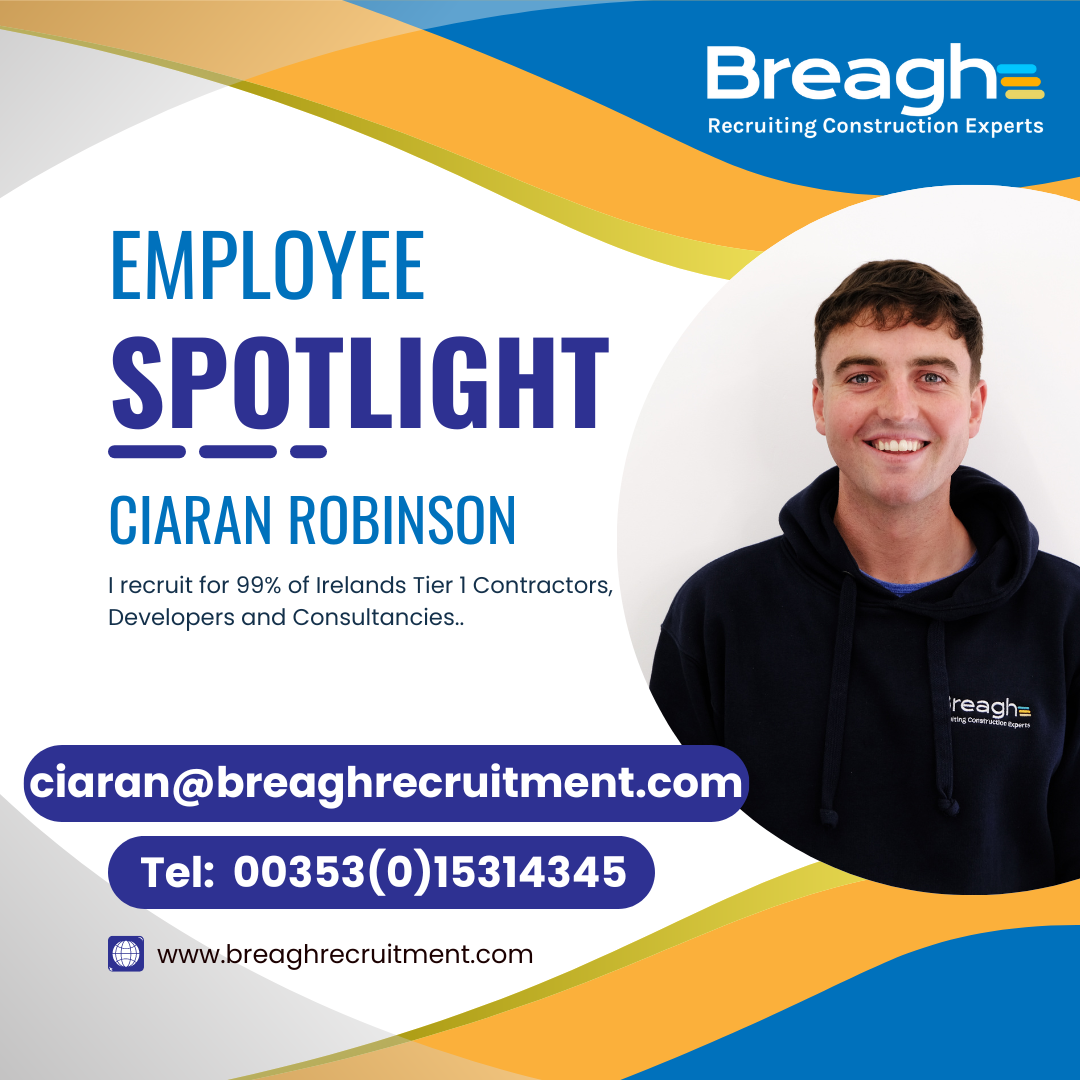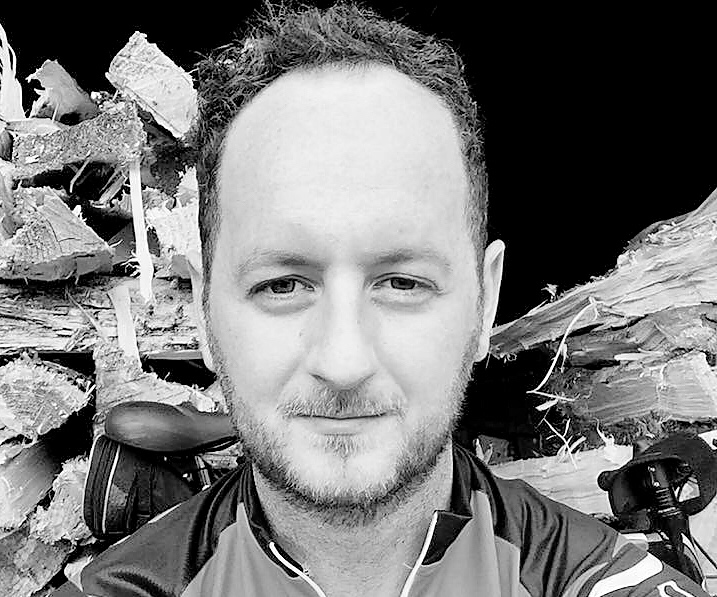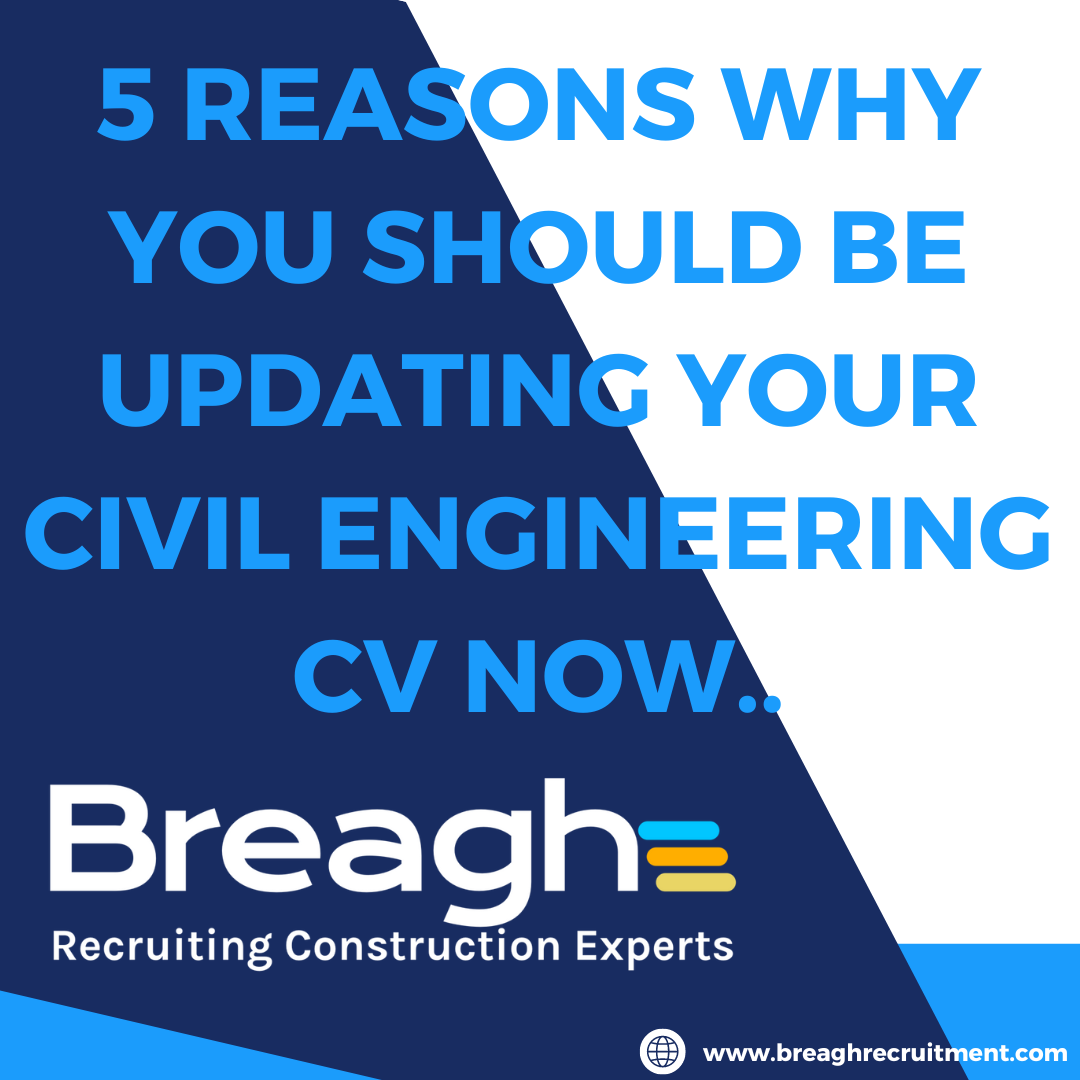Sign up to Job Alerts
6 mistakes Civil Engineers make on their CV’s and how to fix them!!
Posted On: 1 November 2021
We read & review civil engineers CV’s day in and day out, it’s what we do. Searching for the top talent for our clients across Ireland. We come across some that are exceptionally written and then theres those that, well, let’s just say need our expertise to help them along the way.
So we’ve came up with the 6 biggest issues we see on civil engineers CV’s that if rectified, make an almighty difference to their ability to secure interviews with our top clients.
Your first 1-2 paragraphs should sum up your experience, not your abilities as a team player or how you won the all-Ireland in 1997!!
Here’s a good example:

The key experience & qualifications you have relevant to the job, even your ability to work in the job location should be in the first part of your CV.
Is your CV relevant to the Job you’re actually applying for?

When you send your CV to a Recruiter, HR Manager or whoever, it has to be relevant to the job. Coming back to the first paragraph of your CV. Make sure to have at least 3 or 4 of the relevant skills mentioned in the job description in the first 3 lines of your CV.
This will entice the person reading your CV to read on and make them easily realise you’re a candidate with the exact experience they need. When listing your duties / responsibilities for each employer / project make sure to have job relevant experience at the top, show the employer you have the right experience, don’t have them digging for it.
If you’re a setting out engineer show off your equipment experience:

No Numbers / Project Values
The value of the projects you have worked on is such an under rated but essential part of any Engineers CV. Should that be your placement year while at uni or your current project.
You might be a project manager on a €100,000 job, but have you the experience to run a €30 Million job? And Vice Versa. Project values are important, get them on your cv!! Let the Hiring Manager reading your CV, understand the scale of the projects you’ve worked on.
No Projects / Project descriptions

One of the biggest mistakes we see on Engineers CV’s is the fact they don’t mention / list the projects they’ve worked on. How is an employer meant to gauge your relevancy to a job if they don’t know the project experience you have!
A candidate lists the company, job title, years they have been employed and duties, but that means nothing until the hiring manager understands the type of projects you have experience of.
List the Project Name + Value + Location + Client + Project Details
For example:

And then below a detailed / technical list of your duties for each project. If you find your CV is going beyond 4 pages, you might like to just list the project names and values with duties below and then at the end of your CV, or in a separate document list the details of the projects, almost a portfolio, with pictures and descriptions.
The 2-page CV is dead

When we’re sending candidates CV’s to our clients, they can be going to a HR Manager, Project Manager or Project Director of the company. They want to see relevant experience. HR Managers tend to stick to the brief and pick out the information relevant to the job, but a Project Manager or Director will want to see more.
A PM, PD or Senior Engineer recruiting for a position will have a strong technical knowledge and understanding and will want to see the same reflected of your experience, with detailed information of the projects you’ve worked on and responsibilities you’ve held. If this can’t always be done on two pages, don’t try to cut it back too much.
If your CV is going beyond 4 pages maybe you could add a projects section to the end of your cv, or even in a separate document, like a portfolio of projects, with pictures and detailed descriptions of the work carried out.
Why can’t you check your Spelling!!
I think the heading says it all. You would not believe how many engineers don’t know what spell check is!! When you finish writing or updating your CV, take time to read it and check it for grammatical errors. Get a family member to read it and do a spell check. If your CV lands on a hiring managers table with spelling errors, your off to a bad start.
In Summary, take your time to make sure your CV is up to scratch before you apply to any role. Make it specific to the job and show off your relevant Qualifications & experience.
Related News

Ciaran Robinson – The Man behind the Phone..📞
 Posted by: Cathal McKeever
13 March 2024
News
Posted by: Cathal McKeever
13 March 2024
News
At this stage Ciaran has spoken with, engaged and dealt with the majority of Irelands construction companies.. 2 years on the Breagh team,

5 reasons why you should be updating your Civil Engineering CV now
 Posted by: Cathal McKeever
27 March 2023
Recruitment
Posted by: Cathal McKeever
27 March 2023
Recruitment
As a civil engineer, your resume is the key to landing your dream job. It is the first impression that recruiters and hiring managers

Top 5 Tips for Communicating Disagreements / Concerns to your Project Manager
 Posted by: Cathal McKeever
24 March 2023
Insights
Posted by: Cathal McKeever
24 March 2023
Insights
As a civil engineer, it is essential to communicate effectively with your project manager, particularly when disagreements or concerns arise. This can help avoid
